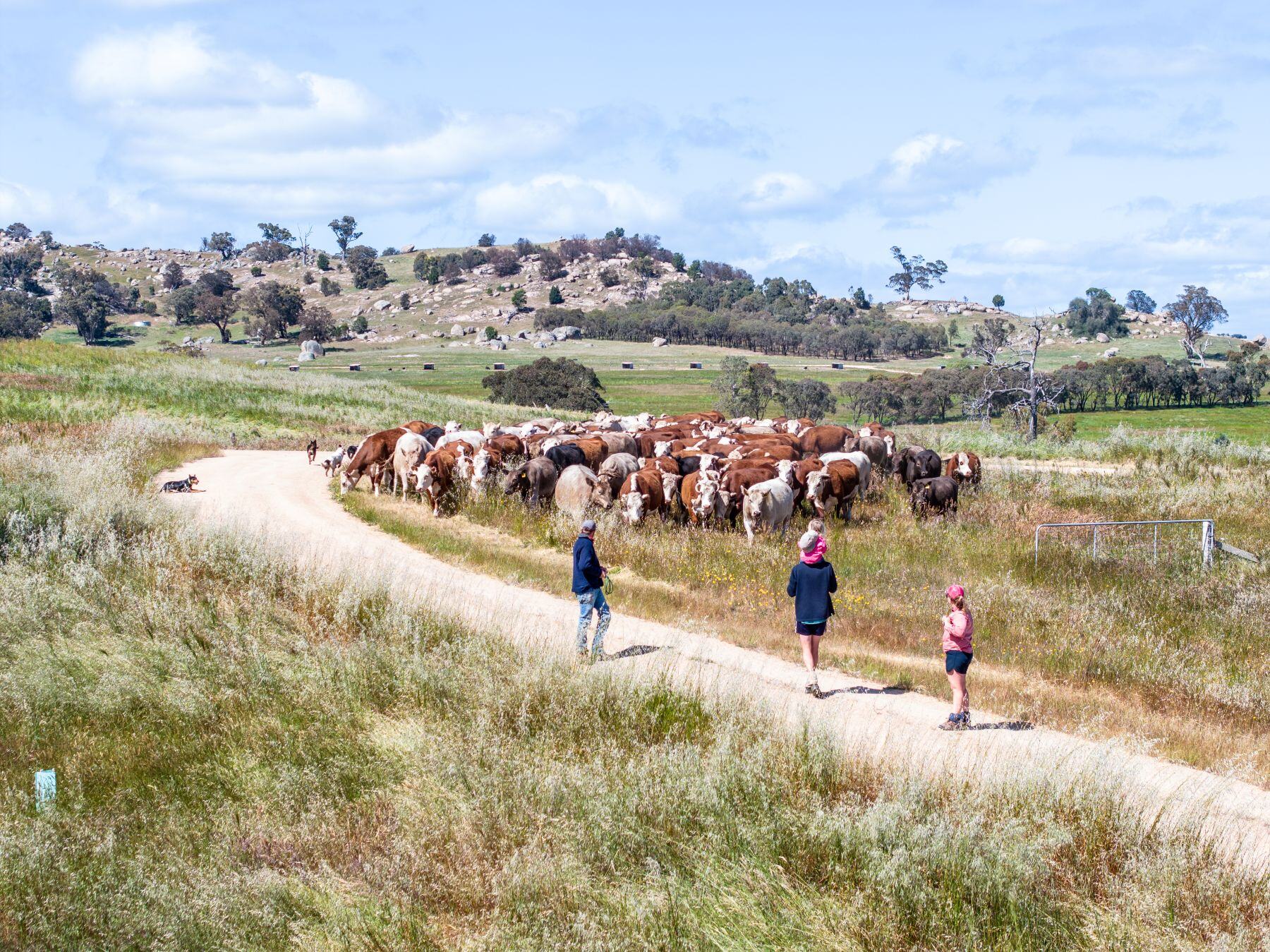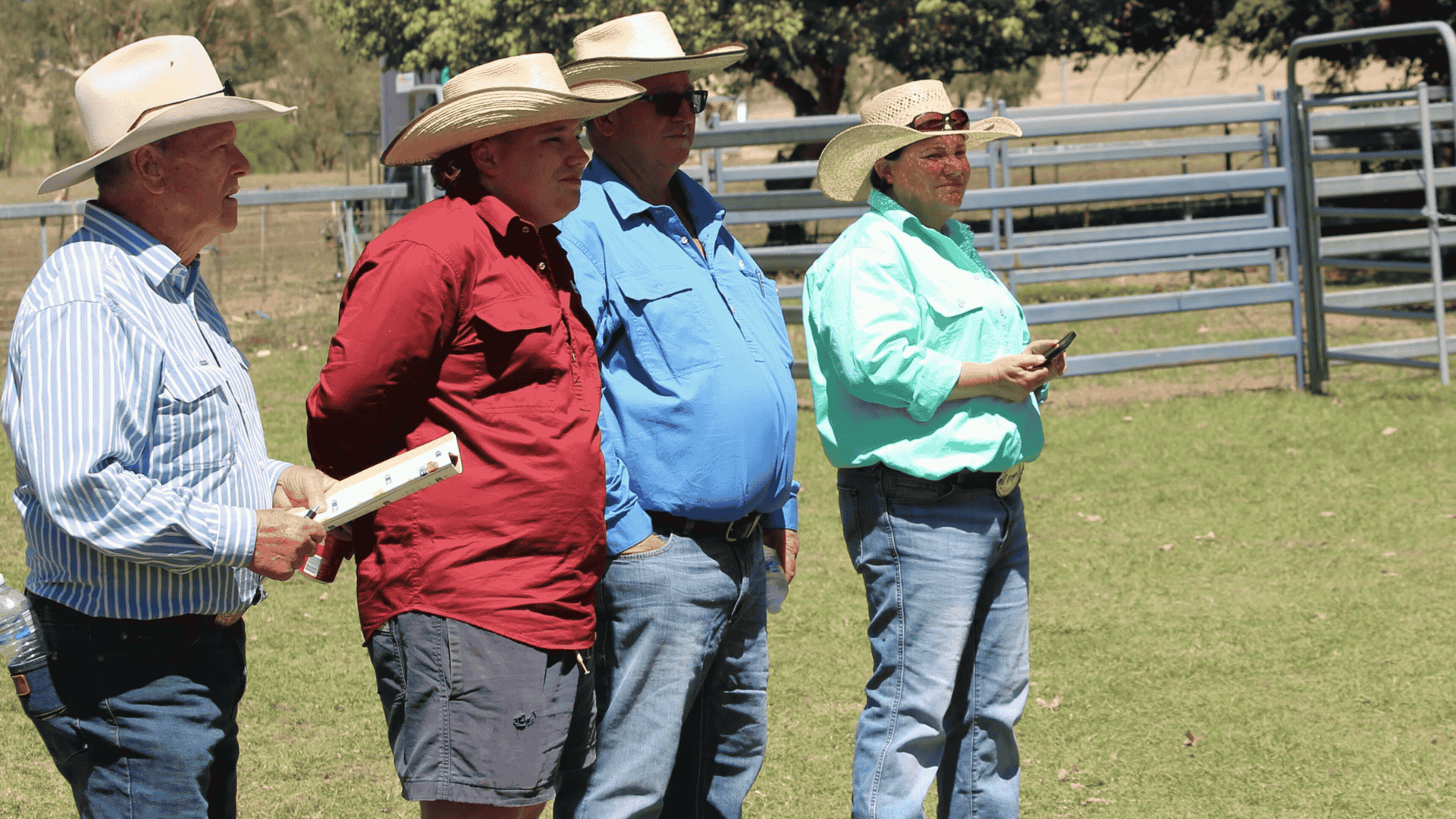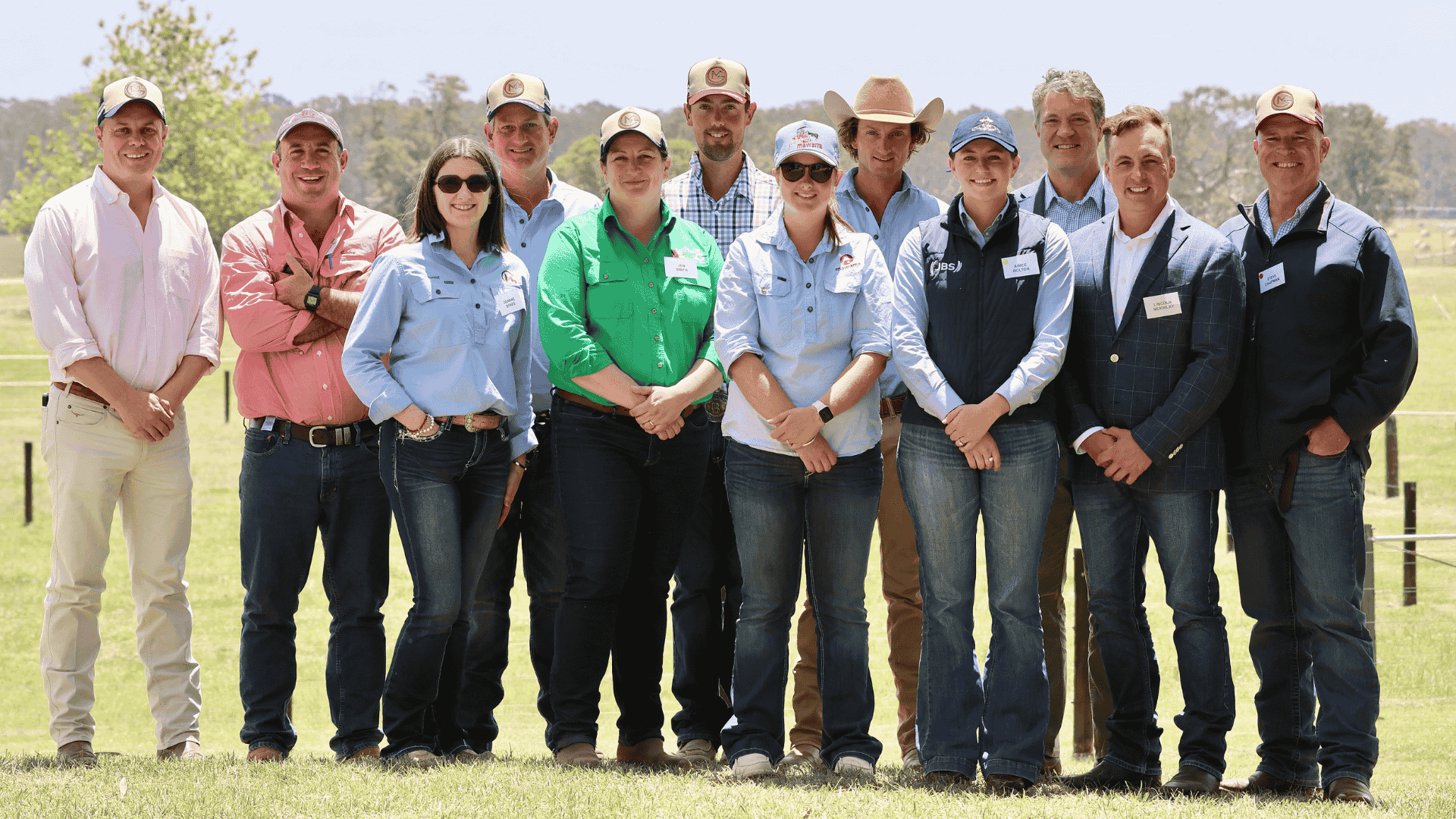New locations sought for Aussie beef due to China levy
Around 800 million burgers worth of Australian beef may need to be diverted into alternative markets, as China enforces import quotas limiting the...

What could be more important than the health of ourselves, our staff and our families? Q Fever is a debilitating illness that affects scores of people each year across the cattle supply chain right around Australia, impacting their physical and mental health, and their ability to work and care for their families. My own family has been devastatingly affected by this disease some years ago and the seriousness of this disease should not be underestimated.
The good news is Q Fever can be prevented through vaccination. The bad news is that too many people are missing out on vaccination due to a slow and cumbersome process, a lack of doctors with knowledge of Q Fever, a short shelf life for the Q-Vax vaccine, and a chronic supply shortage.
We believe that with some extra investment and energy, these obstacles can be overcome very quickly.
Cattle Australia (CA) is calling for both parties to commit to an urgent injection of $3 million to bring a new, single dose Q Fever vaccine to market.
The current Q-Vax vaccine contains live bacteria, which means people must be pre-tested to avoid adverse reactions. If cleared to proceed, people must then wait for seven days before they can be vaccinated – provided the GP can access supplies of the vaccine.
These issues translate into new employees unable to commence work for up to three or four weeks. The process is also quite costly, with people required to pay for two GP visits, the vaccine and blood test.
In contrast, the new vaccine, which is under development by Australian researchers, requires no pre-testing and as it is not a live vaccine, it can be stored by GPs for prolonged periods to overcome supply blockages.
The research team requires funding to complete final stage trials before commercialisation and release of the new product.
This can’t come soon enough.
Q Fever is a disease caused by the bacterium Coxiella Burnetii, which infects both wild and domestic animals and their ticks, and these infections are transferable to humans through airborne pathways and/or animal handling practices.
This disease is Australia wide and last year Victoria alone experienced five notified outbreaks between August and December 2024, and a total of 77 notified cases – more than double the state’s average annual incidence of the past five years.
The release of the new vaccine will need to go hand in hand with a national roll out to protect cattle producers and meat workers, and to increase the number of GPs with an understanding of Q Fever and are registered to administer vaccinations.
Our request for a Q Fever funding commitment is one of seven priority areas that CA is campaigning for ahead of this week’s Federal election.
CA has also lobbied the major political parties to:
guarantee the future of the live cattle export trade to secure the livelihoods of Australian producers and their communities, and improve food security in the region through the reinstatement of the Indonesia Australia Red Meat and Cattle Partnership
enact truth in labelling laws that protect consumers from plant and cell-grown protein sources being described as meat
include the biogenic methane cycle in national carbon accounting systems and invest $150 million in research on the role ruminants play to improve environmental outcomes
deliver an accurate and up-to-date national dataset based on satellite mapping to demonstrate to consumers and trading partners the nature-positive role of agriculture to land use and biodiversity
acknowledge Buffel Grass as a vital contributor to the economic viability and sustainable profitability of regional and rural Australia, and
a sustainable funding model to support effective biosecurity, traceability and industry system, including user-pays charges on importers.
The red meat supply chain employs more than 430,000 people domestically, meaning it is vital for rural and metropolitan voters alike to get behind good policy that supports the beef industry.
We call on all political parties to recognise their critical role and back these policy priorities to ensure they can continue to contribute positively to the economy, environment and food security.
Dr Chris Parker is the Chief Executive of Cattle Australia.
.png)
Around 800 million burgers worth of Australian beef may need to be diverted into alternative markets, as China enforces import quotas limiting the...

It was 3.30pm, the hottest part of January 9, when an out of control bushfire, powered by its own microclimate, came roaring out of the state forest...

At Mawarra Genetics, Peter and Deanne Sykes are focused on stepping back from short-term noise and focusing on what actually drives long-term,...